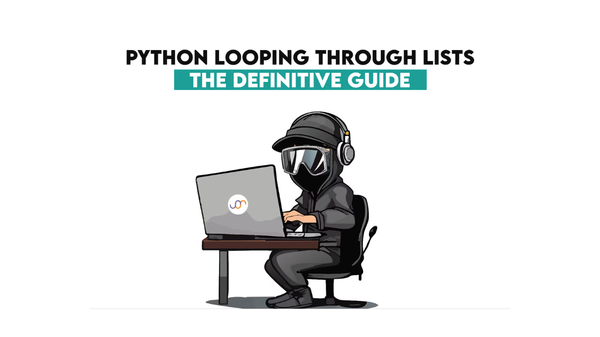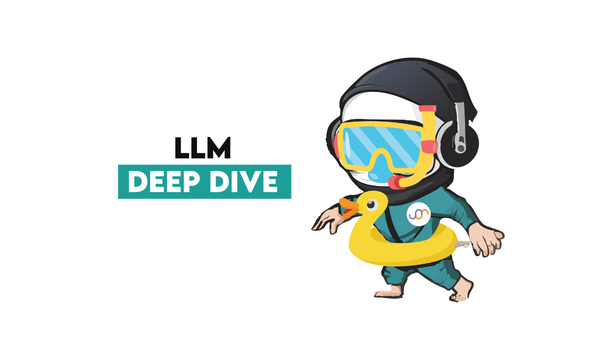5 Skills Companies Look For in Data Science Candidates + 5 Project Ideas
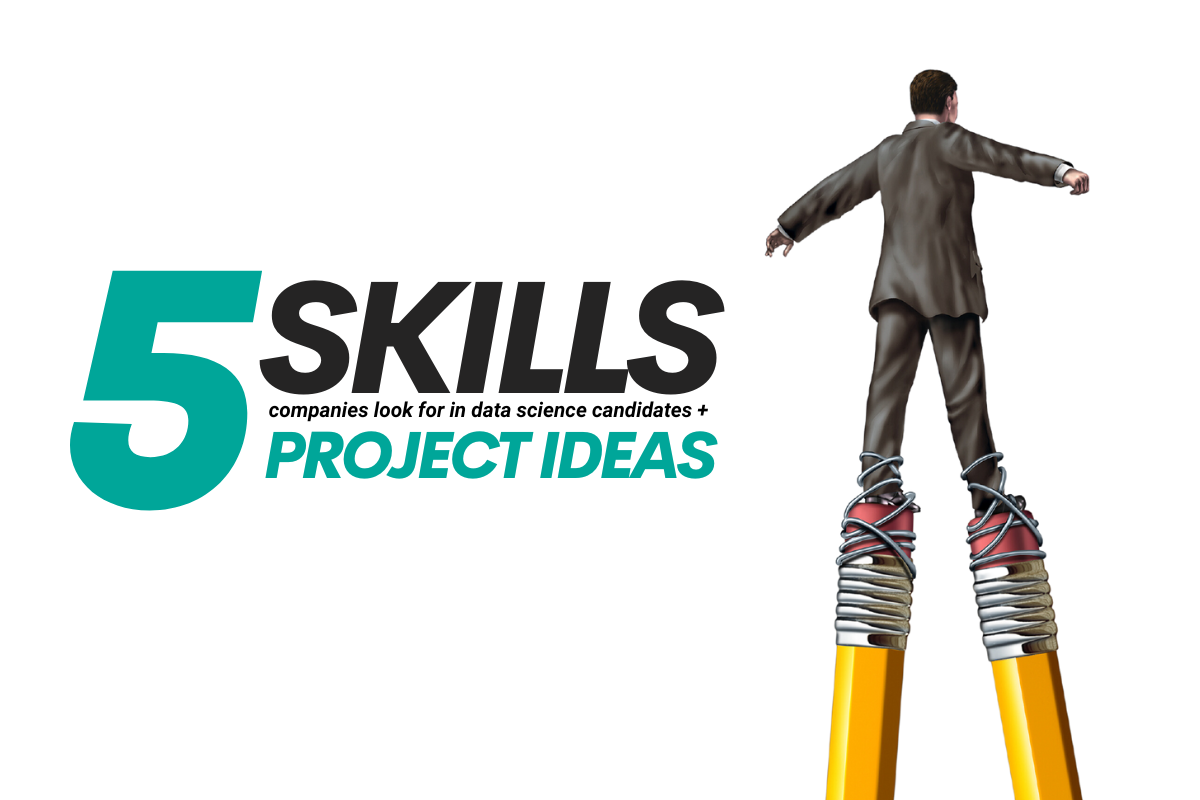
 Written by:
Written by:Nathan Rosidi
Get to know the five essential data science skills any company seeks. We also have good recommendations for projects and how to hone these skills.
Pretty unsurprising for today's data-driven era, the role of a data scientist has evolved into one of the most coveted positions in the job market.
What qualities and data science skills do companies seek in candidates? This is quickly answered by the image below.

Let's now dive into each of these five skills. I’ll also provide data science project ideas to help you improve these skills.
Skill #1: Strong Analytical Skills
This one’s pretty obvious! In this case, I don’t mean being good at programming or coding. What I mean is being analytical. It means dissecting problems, approaching them methodically and logically, and being able to extract meaningful insights from the data that can answer questions the business has. So this one’s more about the mindset or mental approach, whatever you call it, not the tools you use.
Project Idea: Mall Customer Segmentation Data by Kaggle
This is a market basket analysis project where you have to analyze customer data for a retail company to segment customers based on their purchasing behavior.
The skills you’ll utilize in this project are:
1. Exploratory Data Analysis (EDA)
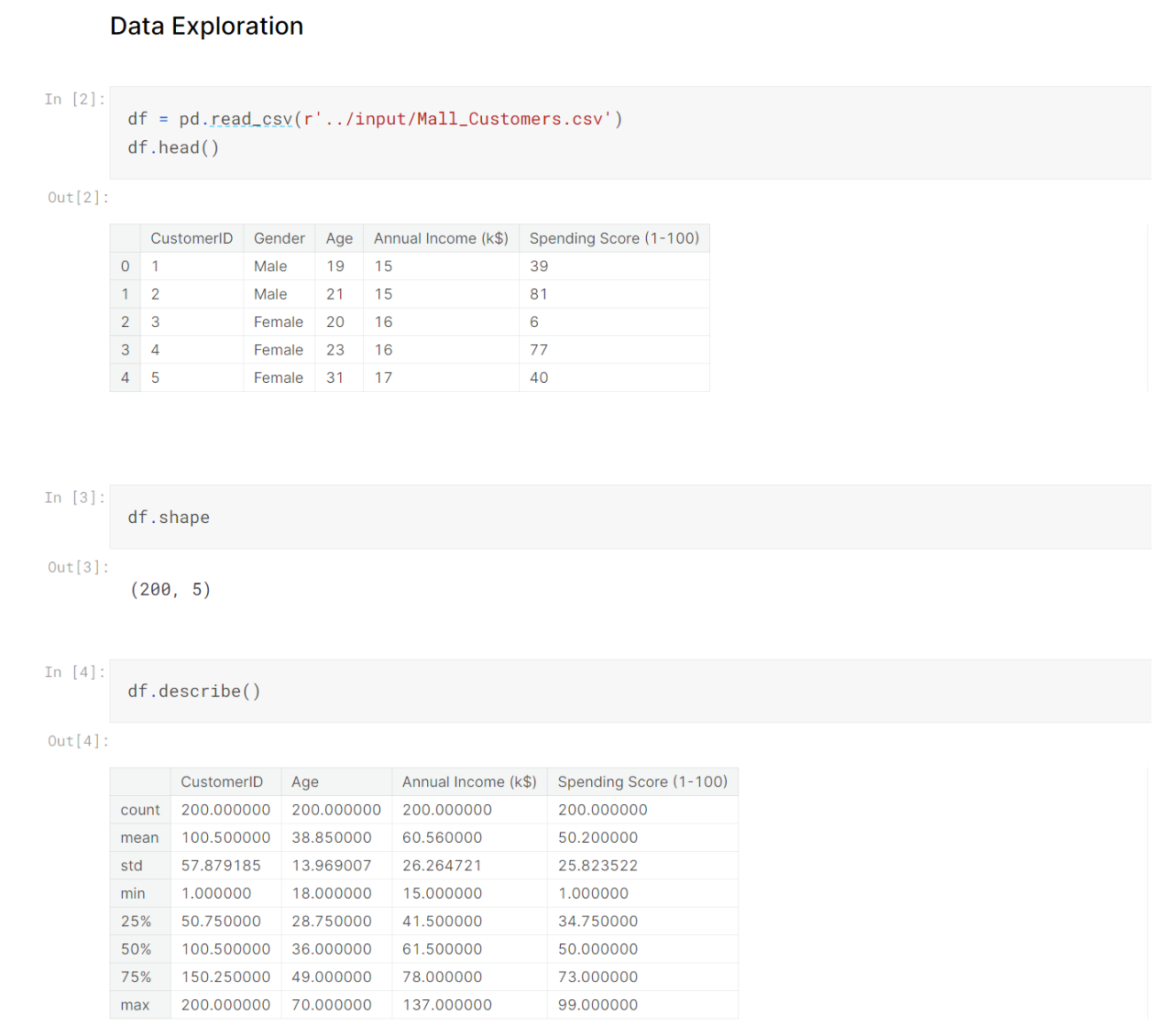
2. Clustering Algorithms (K-means)
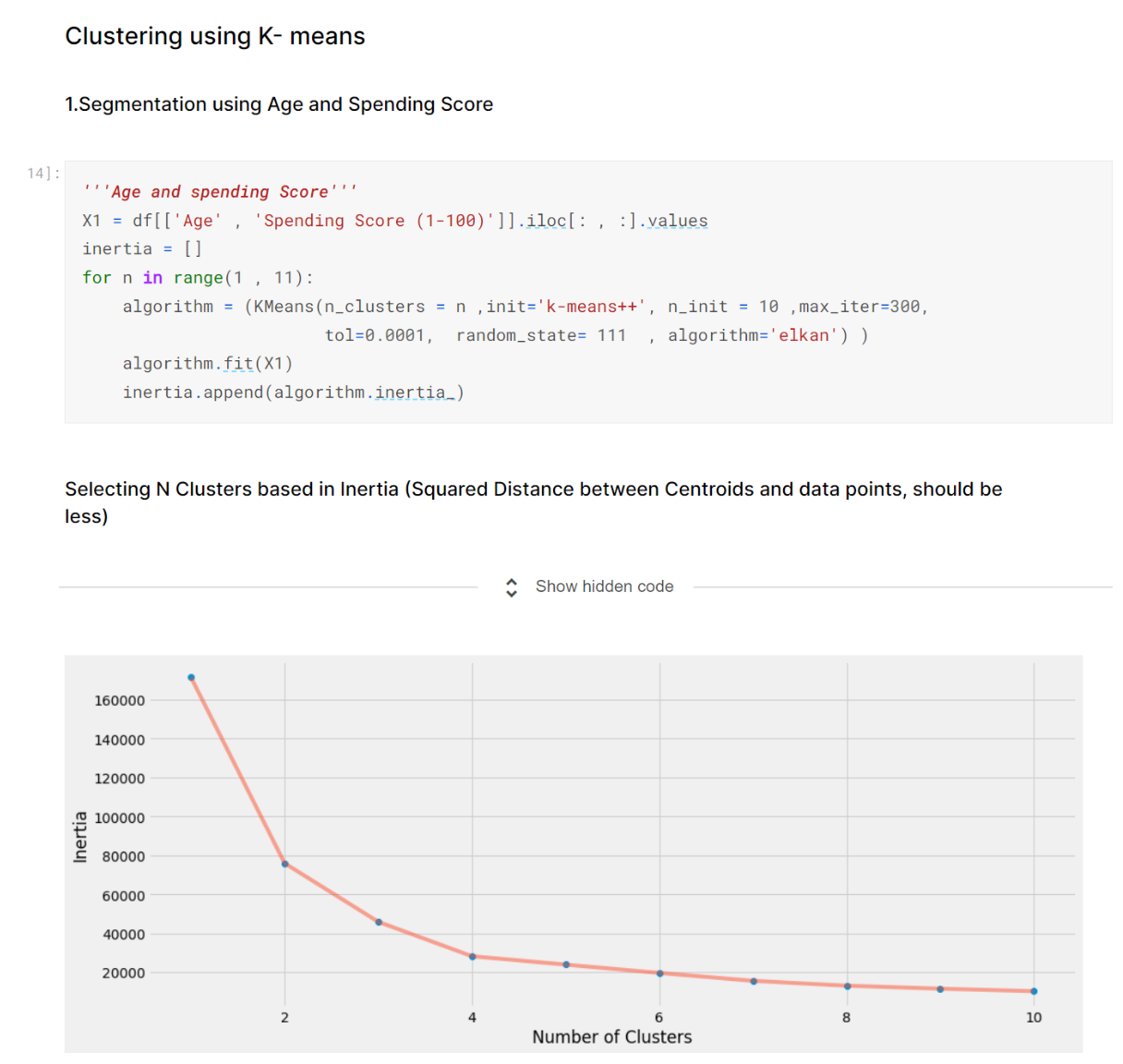
3. Data Visualization
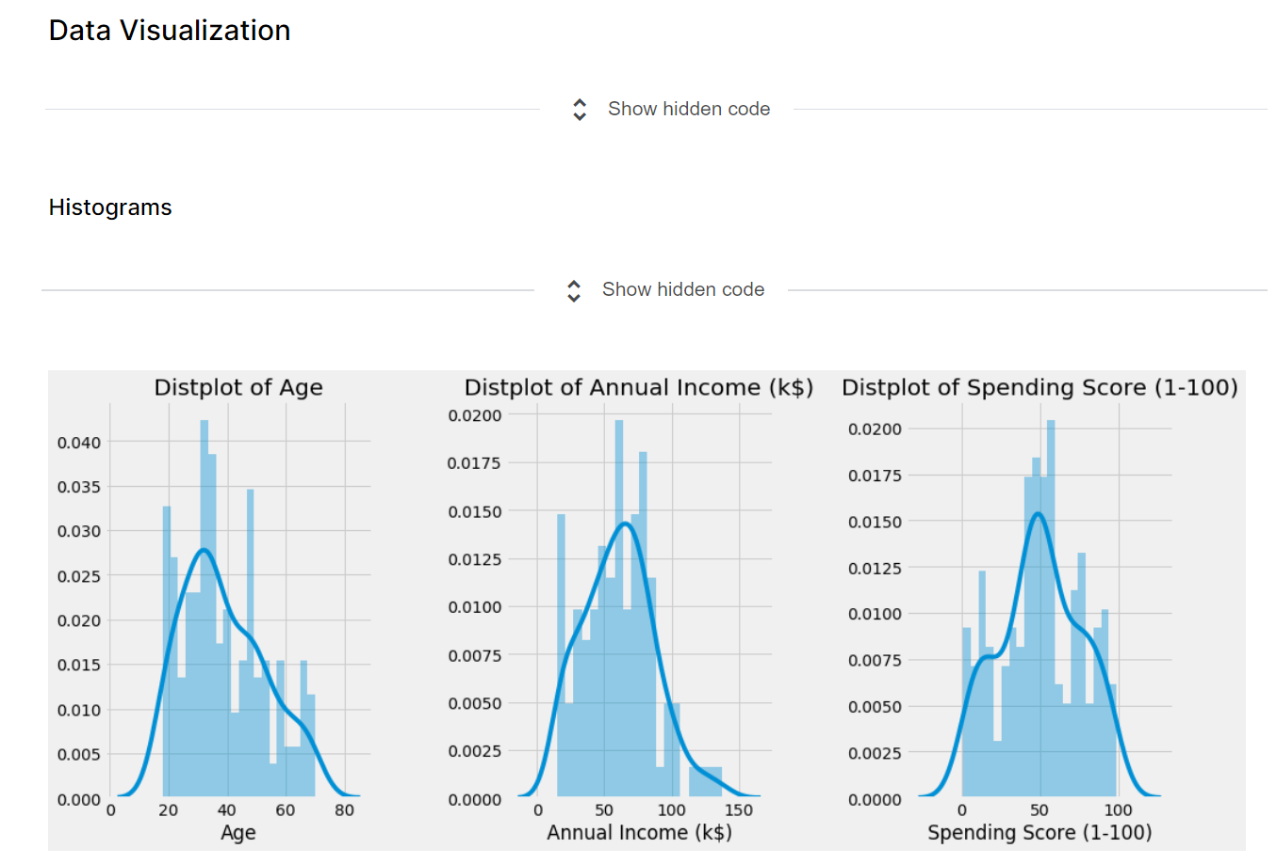
Resources for Developing This Skill:
1. Data Science Specialization on Coursera
- a comprehensive series of courses covering data analysis, statistical interference, and regression modeling
2. Learn Courses on Kaggle
- interactive courses that teach data analysis and visualization techniques
3. Python for Data Analysis by Wes McKinney
- a highly-rated book for learning data analysis in Python
Skill #2: Proficiency in Coding
When saying coding, I mean programming languages such as Python, R, and definitely SQL. These three languages are fundamental skills for any data scientist, as they’re the backbone of data manipulation, analysis, and model development. To paraphrase the popular saying, data scientists are as good as their tools.
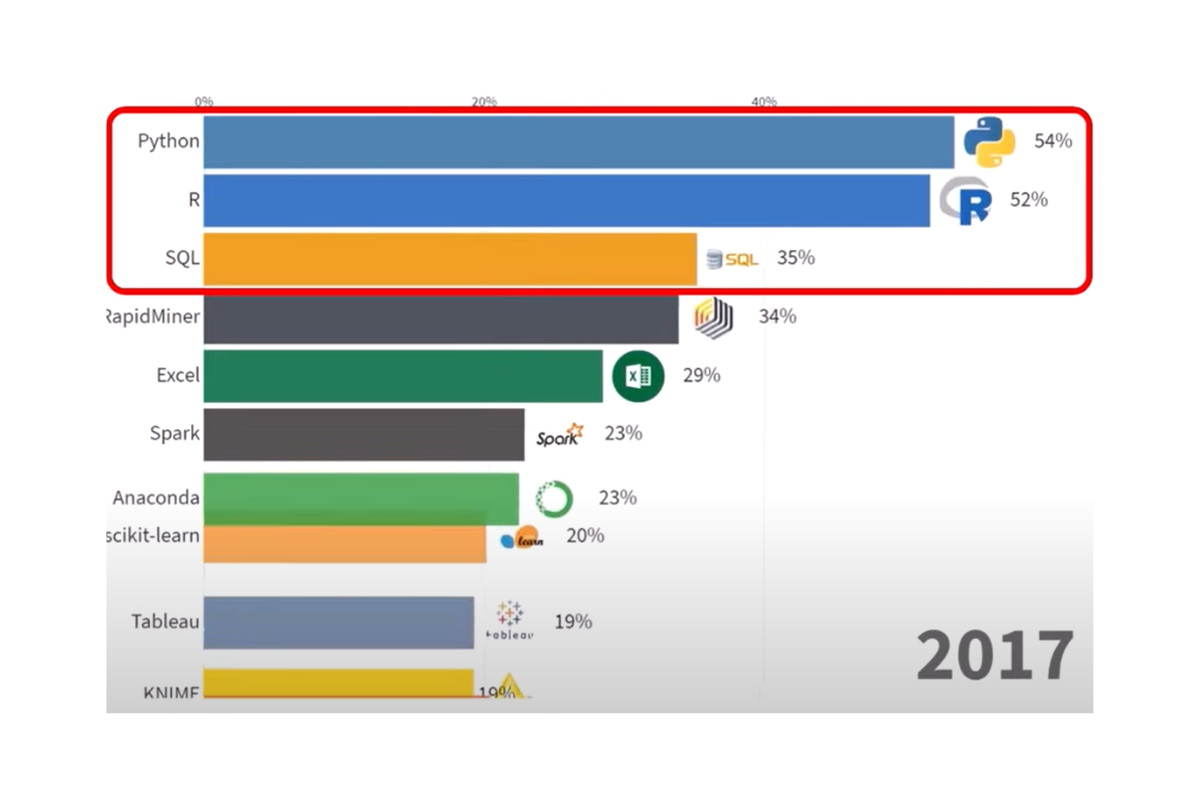
Project Idea: Predictive Text Generation by Andrej Karpathy on GitHub
In this project, you'll create a predictive text generation model using recurrent neural networks (RNN) and train it on a large corpus of text data.
The skills you’d develop and use are:
1. Python Coding
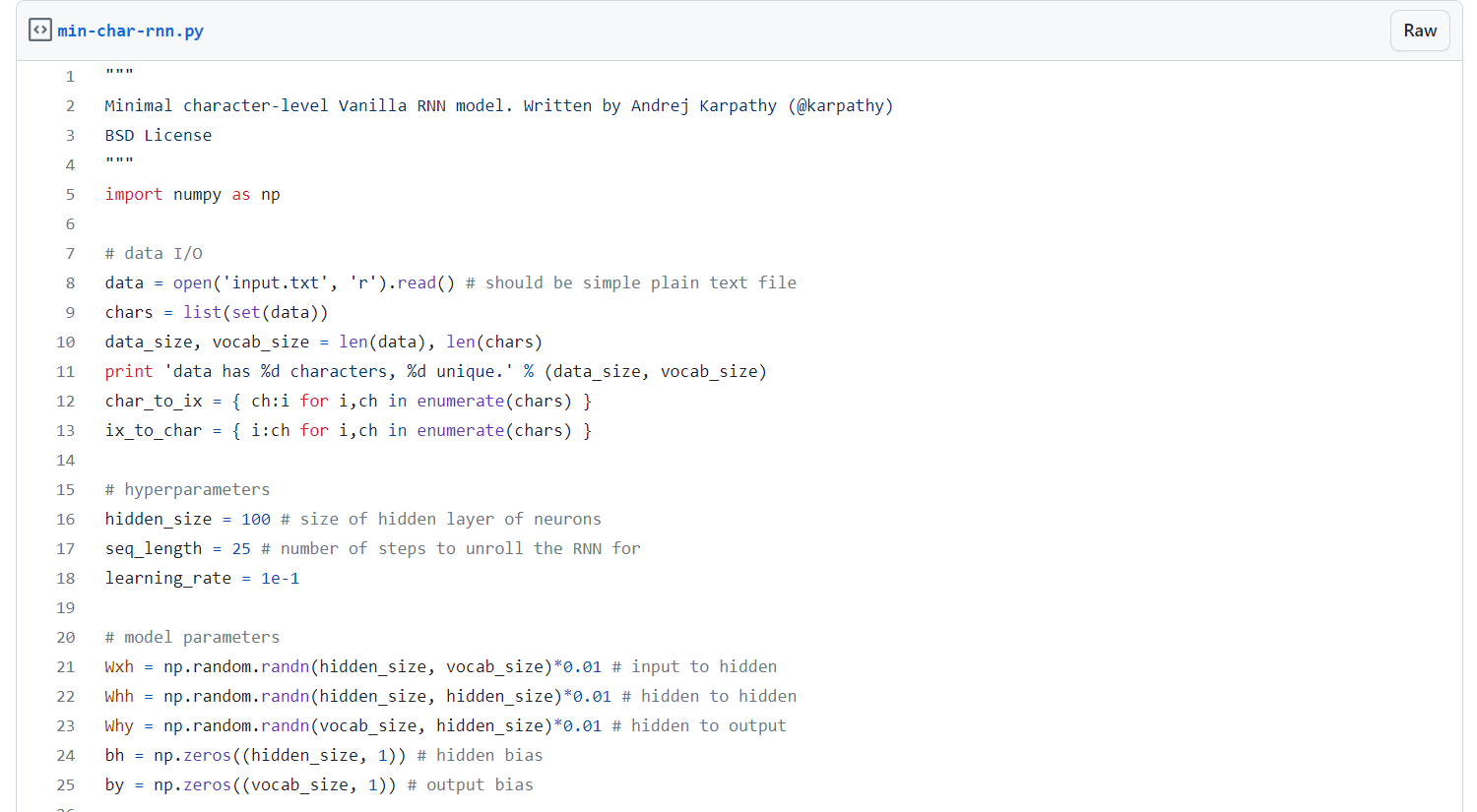
2. Deep Learning & NLP

Resources for Developing This Skill:
1. SQL, Python, and R Courses on Codecademy
- interactive courses suitable for beginners
2. Python for Data Science on edX
- a comprehensive course that covers Python programming in a data science context
3. GitHub
- explore open-source data projects on GitHub to learn from others' code
Skill #3: Machine Learning Expertise
Machine learning is a core component of data science. Some say it sets you apart from a data analyst. Companies look for candidates who can apply various machine learning algorithms to solve real-world problems.
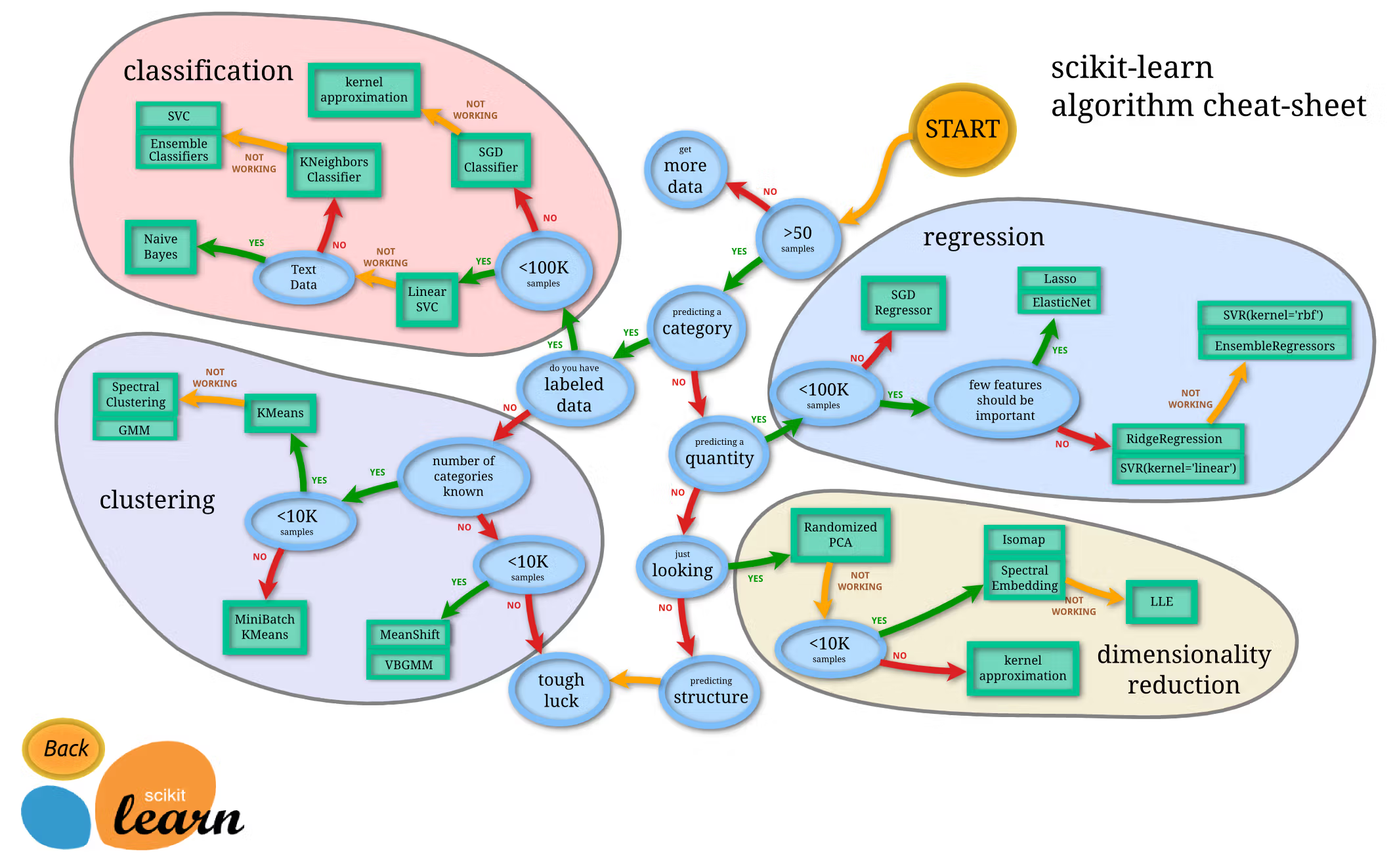
Project Idea: Image Classification With CNN on TensorFlow
Here, the goal is to build a CNN model to classify images from a dataset.
This project is good for developing these skills:
1. Python Coding
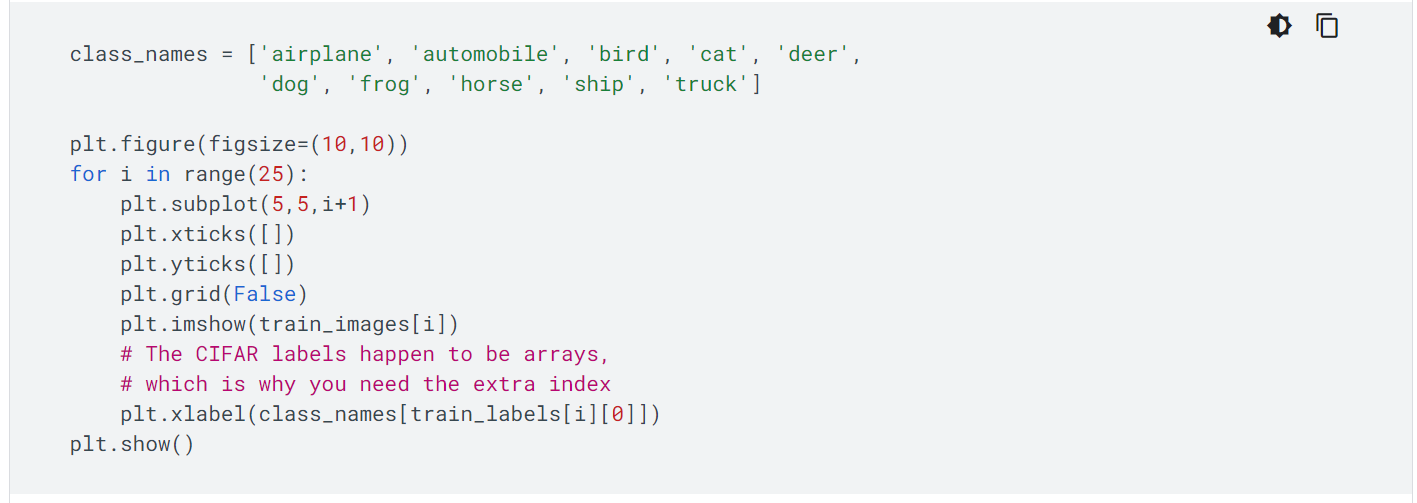
2. Deep Learning
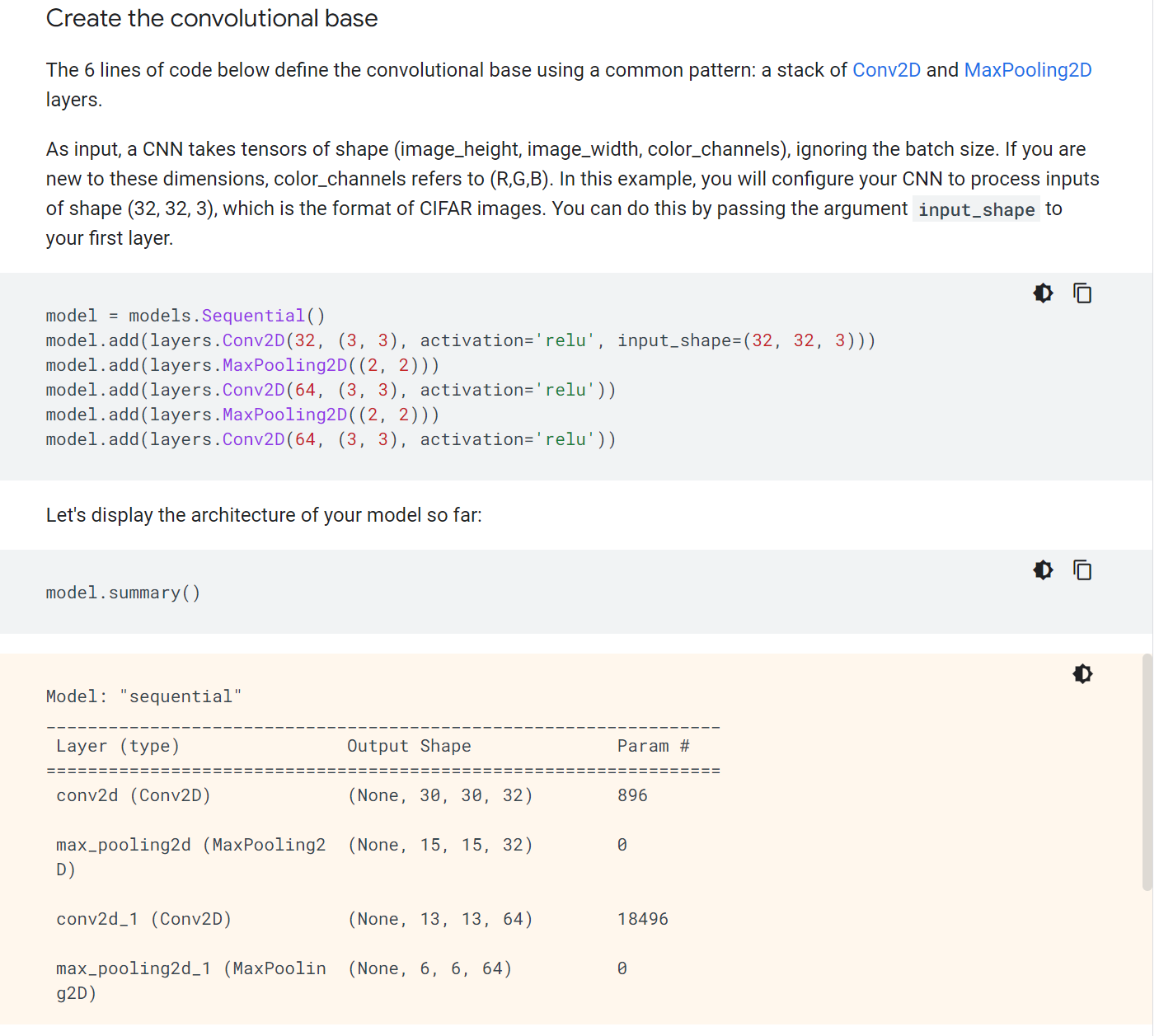
3. Model Evaluation
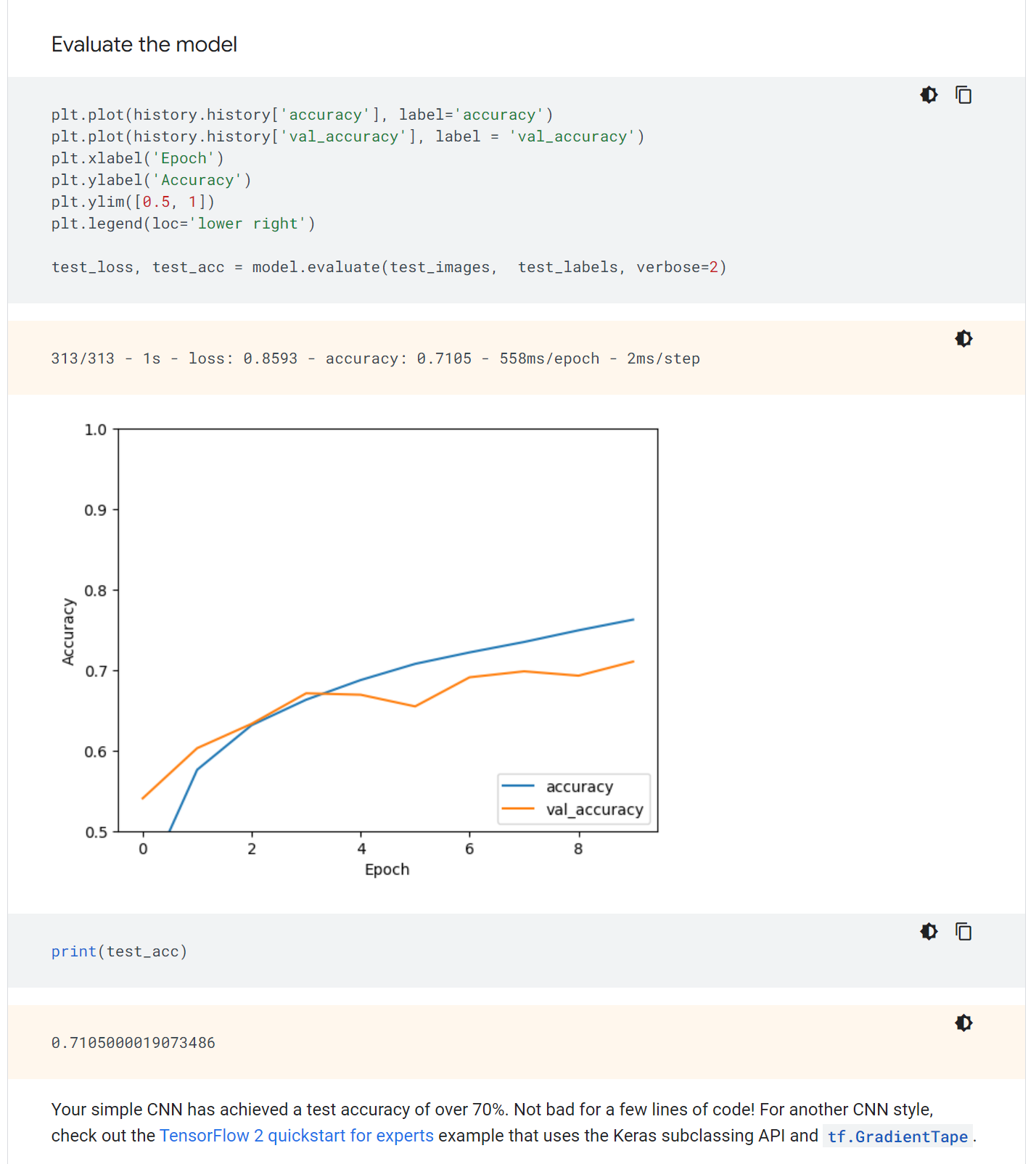
Resources for Developing This Skill:
1. Machine Learning Specialization on Coursera
- a beginner-friendly course for learning fundamental AI concepts and ML skills
2. Competitions on Kaggle
- a wide variety of competitions for practicing ML
- a comprehensive guidance on implementing ML algorithms in Python
Skill #4: Data Visualization and Communication Skills
This leads us into less technical areas of a data science job. Probably because of that, data visualization and communication are some of the most underappreciated skills. This skill requires expertise in data visualization. A large part of it is honed simply through practice and getting feedback on your presentations.
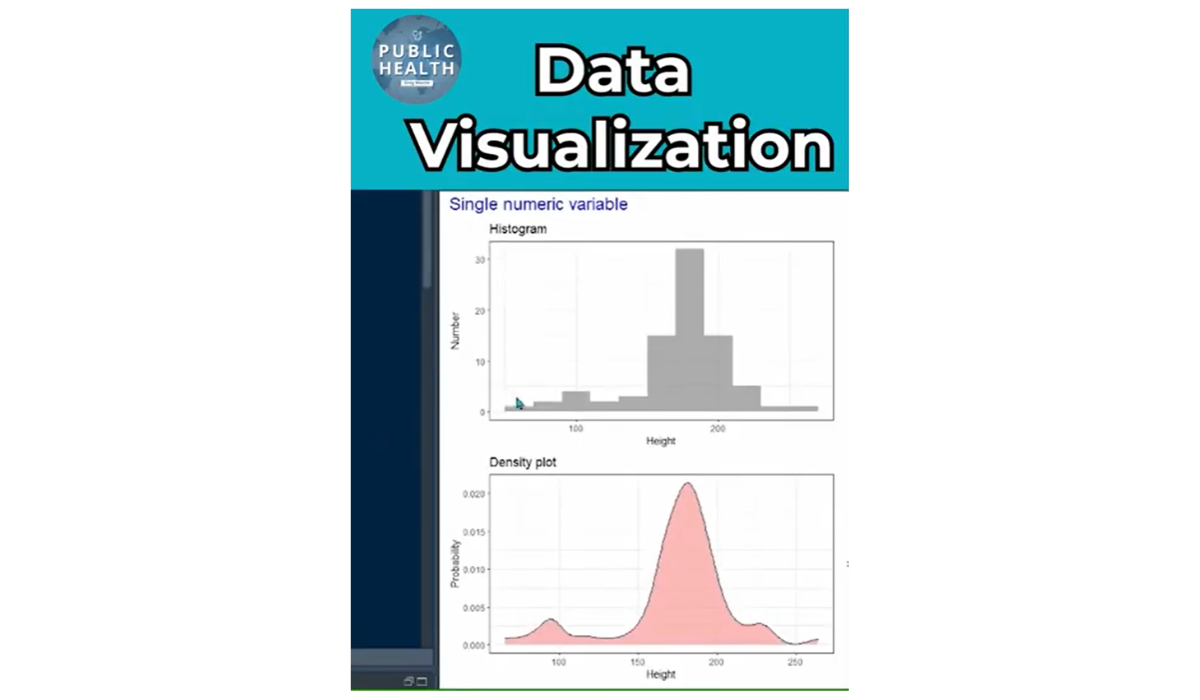
Project Idea: COVID-19 Data Hub on Tableau
It’s a great COVID-19 dashboard where you can work on this skill. More specifically, you’ll create an interactive data visualization dashboard to display the latest COVID-19 stats, including cases, deaths, and vaccinations.
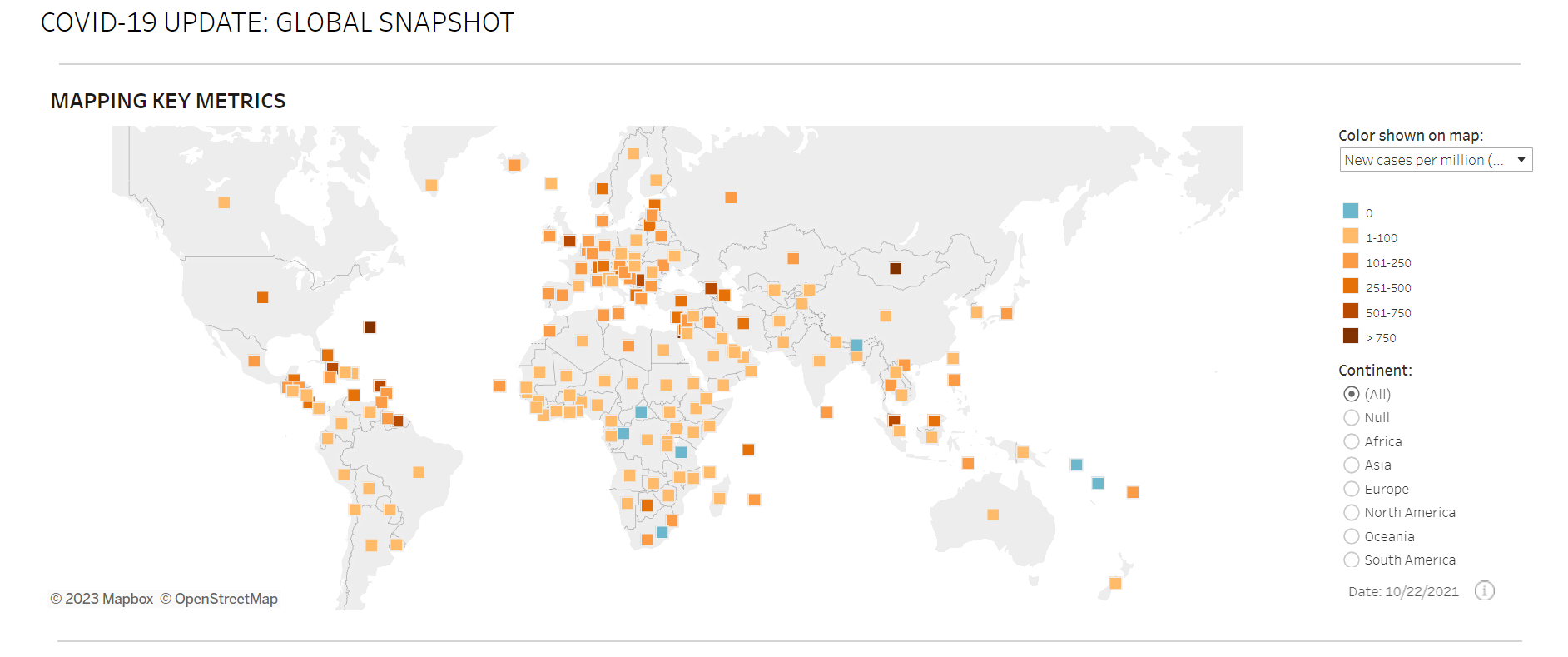
Resources for Developing This Skill:
1. Data Visualization With Python on Coursera
- learn to create data visualizations in Python
- a powerful library for building interactive data visualizations on the web using JavaScript
3. Storytelling with Data: A Data Visualization Guide for Business Professionals
- an excellent book for professionals who want to improve their communication skills
Skill #5: Domain Expertise
This skill means you have domain knowledge specific to the industry or business you're working in. While it's not entirely required, it's critical to provide you with an advantage in the interview process and at work. Understanding the context and nuances – which depend on the industry and the business – of the data is crucial for deriving actionable insights. With being familiar with the specifics of the data you're analyzing, you’ll know most of, if not all, the questions you'll need to answer.
It’s almost like having a cheat code in a video game.

Project Idea: Financial Fraud Detection by Susan Lin on GitHub
It's a project where you will develop a fraud detection system for financial institutions using transaction data. Domain knowledge of financial transactions is essential.
You’ll learn these skills:
1. Machine Learning
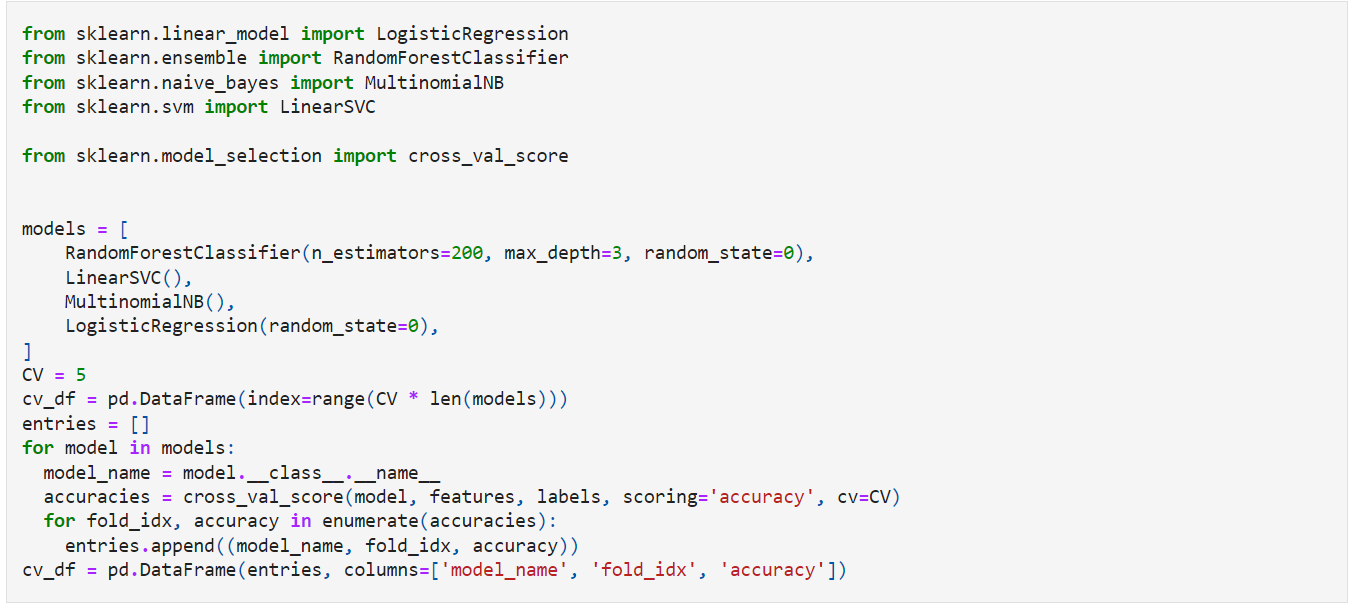
2. Data Pre-Processing
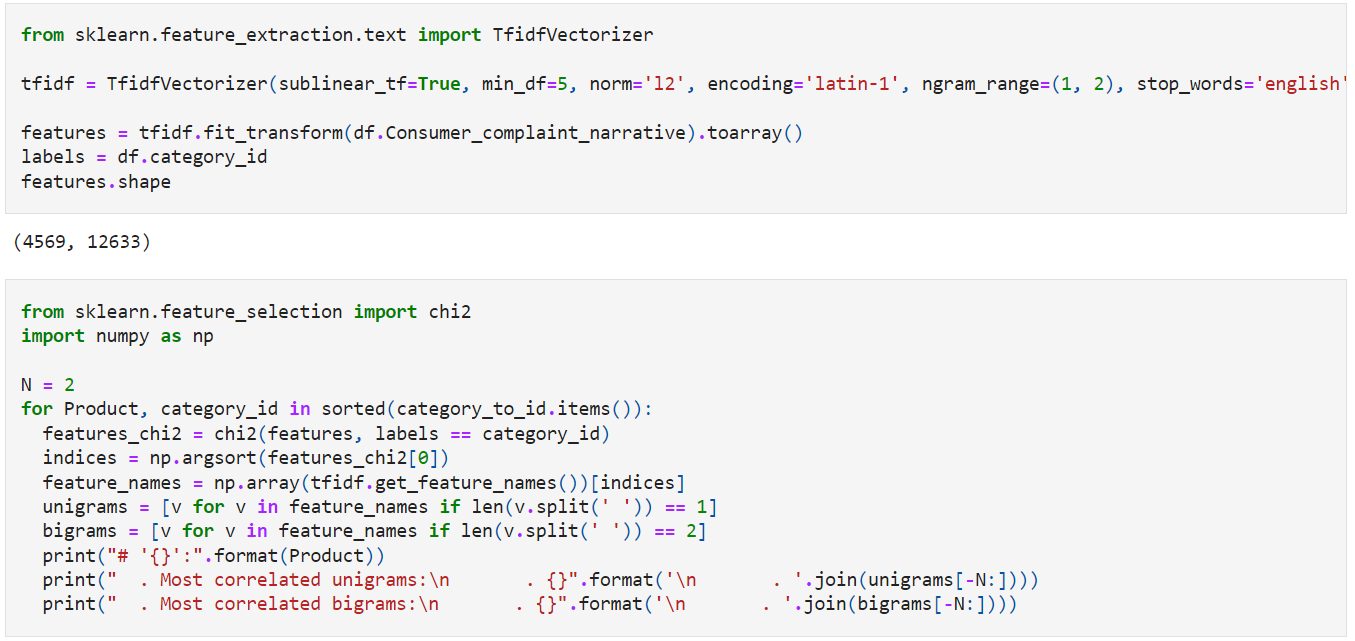
3. Financial Domain Knowledge
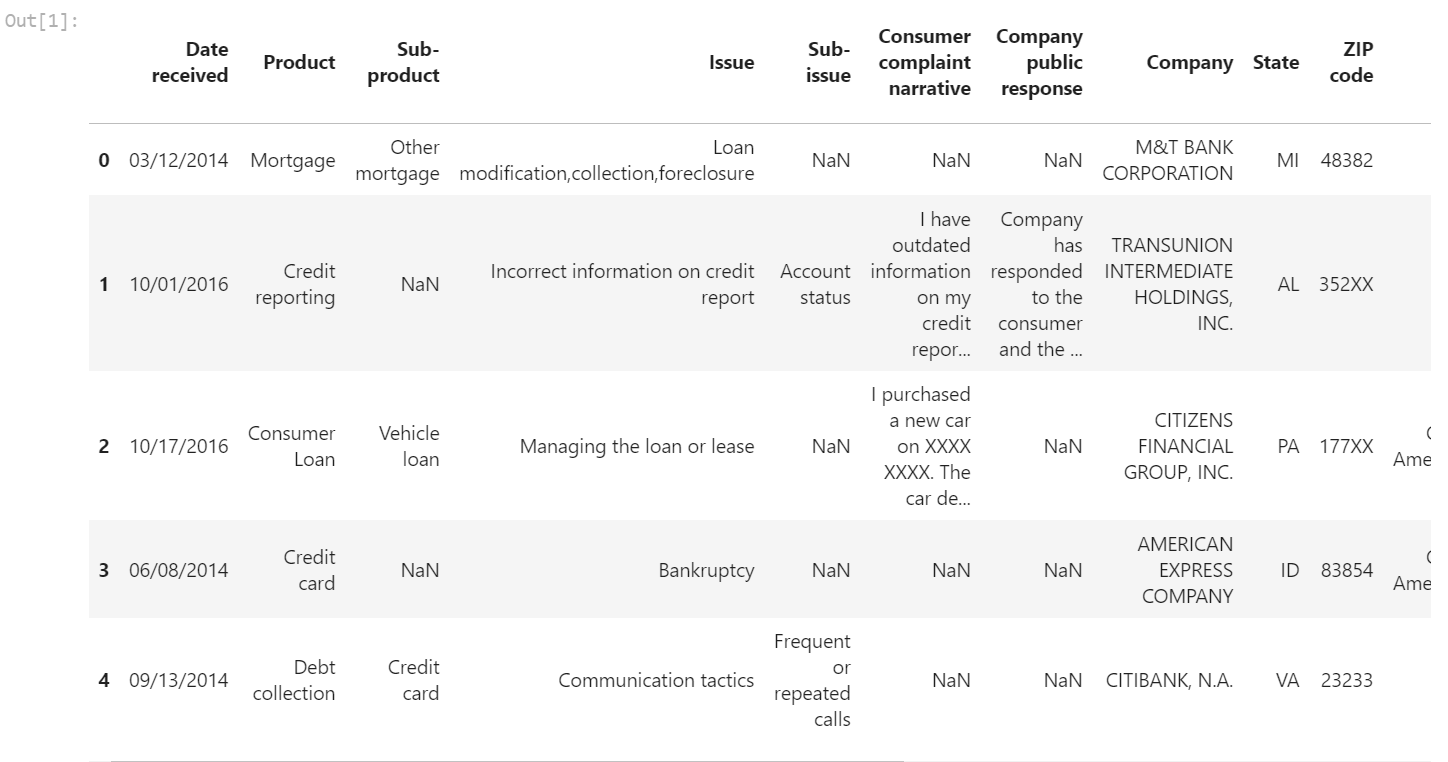
I can’t recommend any resource for developing this skill. It’s gained chiefly from time spent working in the industry. That's a big reason you don't see many people moving from industry to industry late in their careers. The amount of knowledge and experience they've gathered over the years keeps them very valuable in their industry.
However, if you don’t have any experience, read the literature concerning the specific industry and do data science projects with particular industry data.
Conclusion
If you’re looking for a career in data science, companies will want you to have
- Analytical Skills
- Coding skills in SQL, Python, and/or R
- ML Expertise
- Data Visualization & Communication Skills
- Domain Expertise
When you develop these skills and try the suggested projects, you’ll more easily position yourself as a competitive candidate in the data science job market. Remember that continuous learning and practice are keys to mastering these skills and thriving in the job market.
Share

